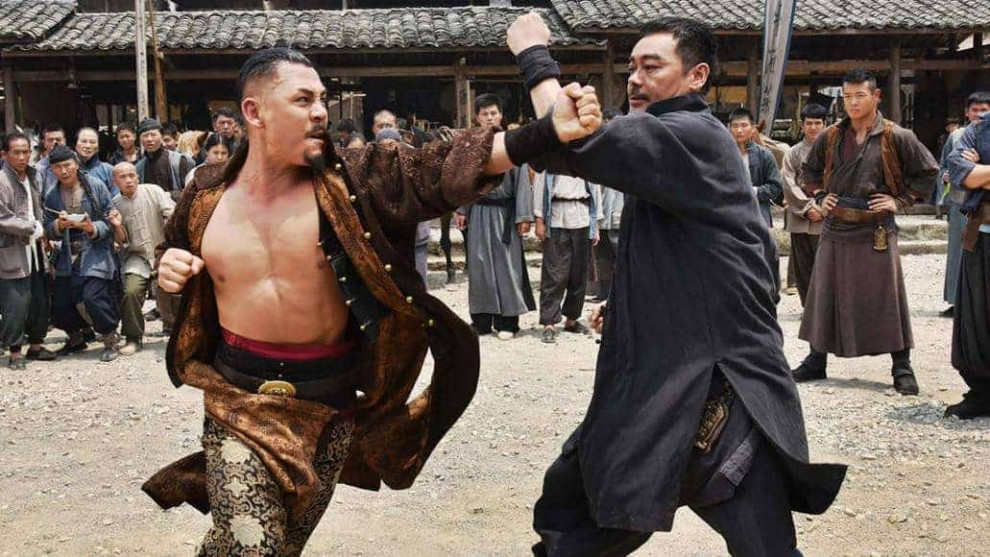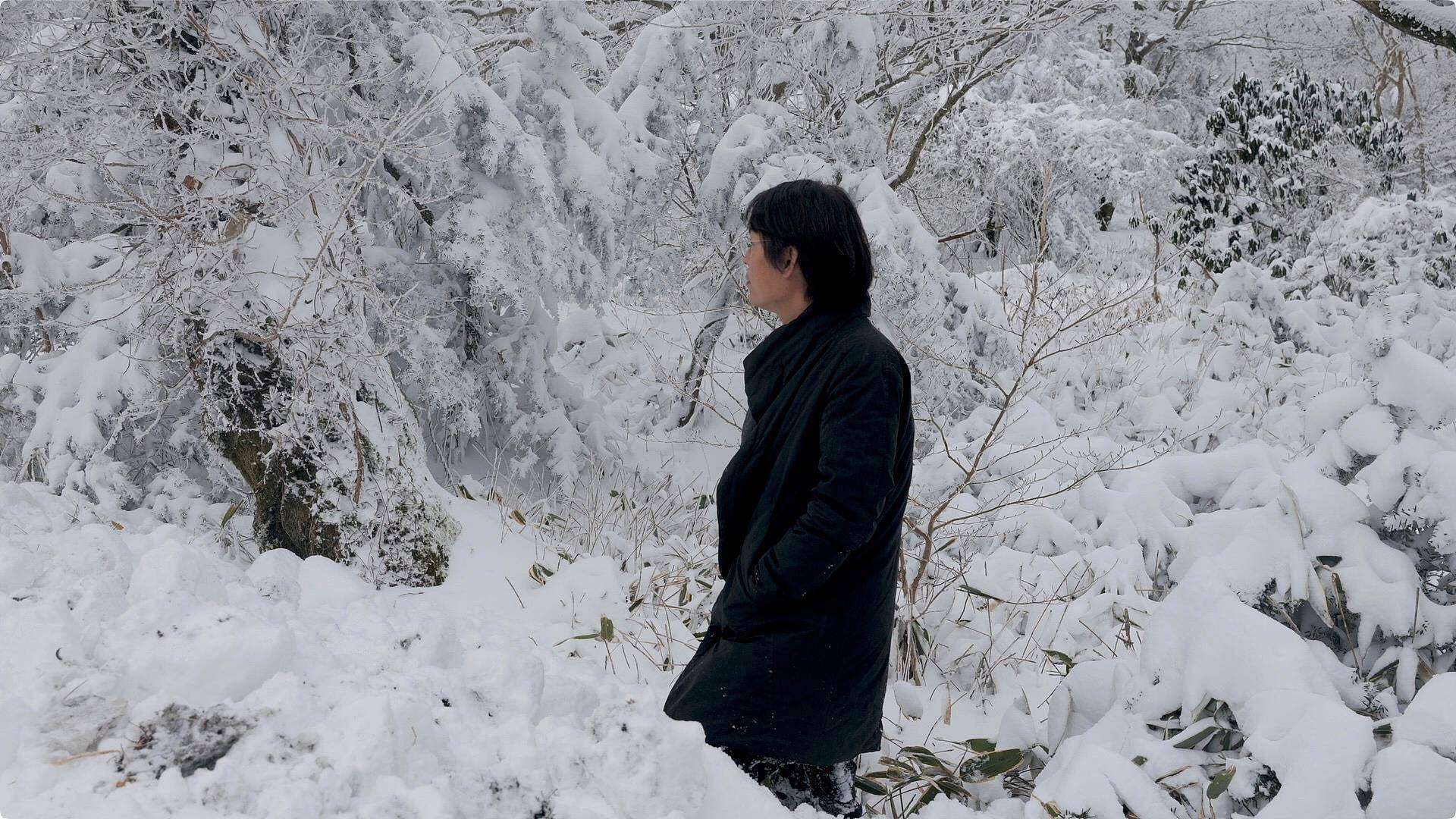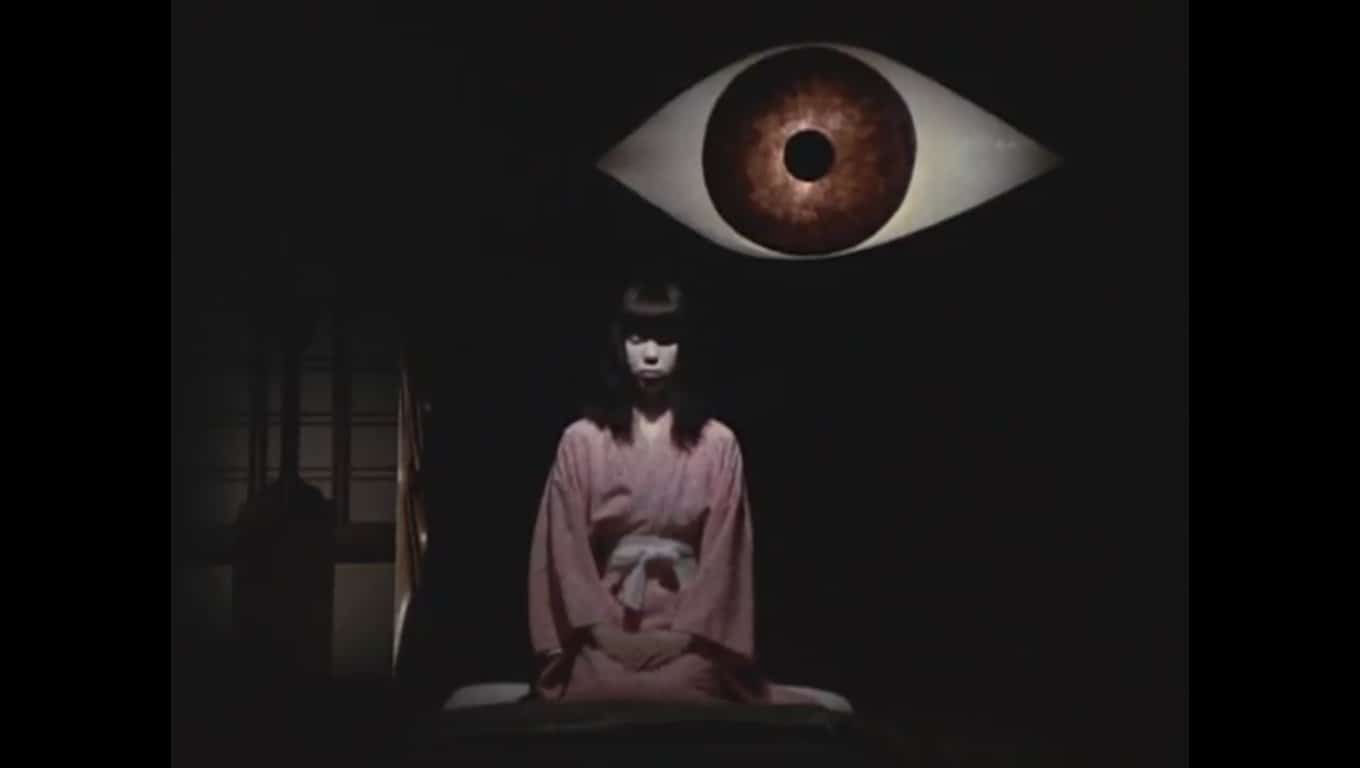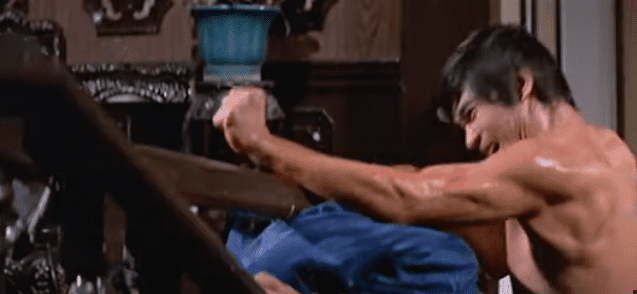Featuring Sammo Hung as the action director, Benny Chan as the director, Ching Wan Lau, Wu Jing and Louis Koo as the protagonists and with a budget of $32 million, “Call of Heroes” was bound to be an action blockbuster. To my surprise, however, it managed to be even more.
Buy This Title
The film starts with a kindergarten teacher escorting a bunch of ragtag children in a restaurant, where she orders a single bowl of food for all of them to share. A few moments later, some thugs try to rob the establishment, only to experience a humiliating beating in the hands of a peculiar individual named Ma Feng.
After that scene, the film changes setting and places the story in Pucheng, a small town that has sent its army to the front and is virtually unguarded, with the only ones that can fight being the local sheriff, Yeung Hak-nan and his team. The aforementioned children and Ma Feng also arrive at the same place, a little before Cao Shaolun, the son of the most notorious warlord of the era (1914).
Shaolun proceeds in killing a number of people, as he proves to be a bloodthirsty maniac, with absolutely no regard for human life. Yeung puts him in prison in order to execute him the next morning, but Cao's army arrives at the village, headed by general Zhang Yi, who asks him to deliver Cao to him. Yeung now has to decide if he will abide to justice, risking the lives of everyone in Puchang, or to the stronger force. As Cao does not make things any easier, tension mounts in the village.
The film starts as one of those Jackie Chan-Sammo Hung martial arts comedies of the past, much like “Monster Hunt,” with Mao Feng as the protagonist. However, as the story progresses, the focus shifts to Yeung Hak-nan and the decision he has to make. In that fashion, the movie becomes something of a thriller, although the martial arts elements remain. In that direction, there are some unexpected deaths of characters that seemed like they would be protagonists, violence, drama, and a few basic but well presented comments about justice and its enforcement, and morality. However, do not expect an intricate script, since the lack of logic, so frequently present in similar Hong Kong productions, is present once more, as a number of melodramatic and comic scenes look completely out of place.
In terms of acting, the one who definitely stands apart is Ching Wan Lau as Sheriff Yeung Hak-nan, who portrays adequately his character's sense of conflict, while retaining his dignity at all times. Eddie Peng as Mao Feng plays the archetypical role of the cool, handsome hero, in an undemanding role, Wu Jing as Zhang Yi is simply functional, and Louis Koo is a hyperbolic villain, as Cao Shaolun. However, due to Ching Wan Lau, the acting stands on a higher level than the majority of similar productions.
The action scenes are all very impressive, as is usually the case with anything Sammo Hung gets his hands on. The element of realism is absent though, and the use of CGI and slow motion is quite excessive, although this trait seems to fit the general aesthetics of the film. The one outside the prison, the one on a bridge and particularly the final one with all the clay jars are the ones that stand out.
The visual aspect of the film is elaborate, with Chor Keung Chan's cinematography, Chi Wai Yau editing and Ken Law and Lucky Leung's visual effects creating a number of splendid images and scenes, particularly during the various battles.
“Call of Heroes” has its faults, but it will definitely surprise its audience at times, and is quite entertaining.

















